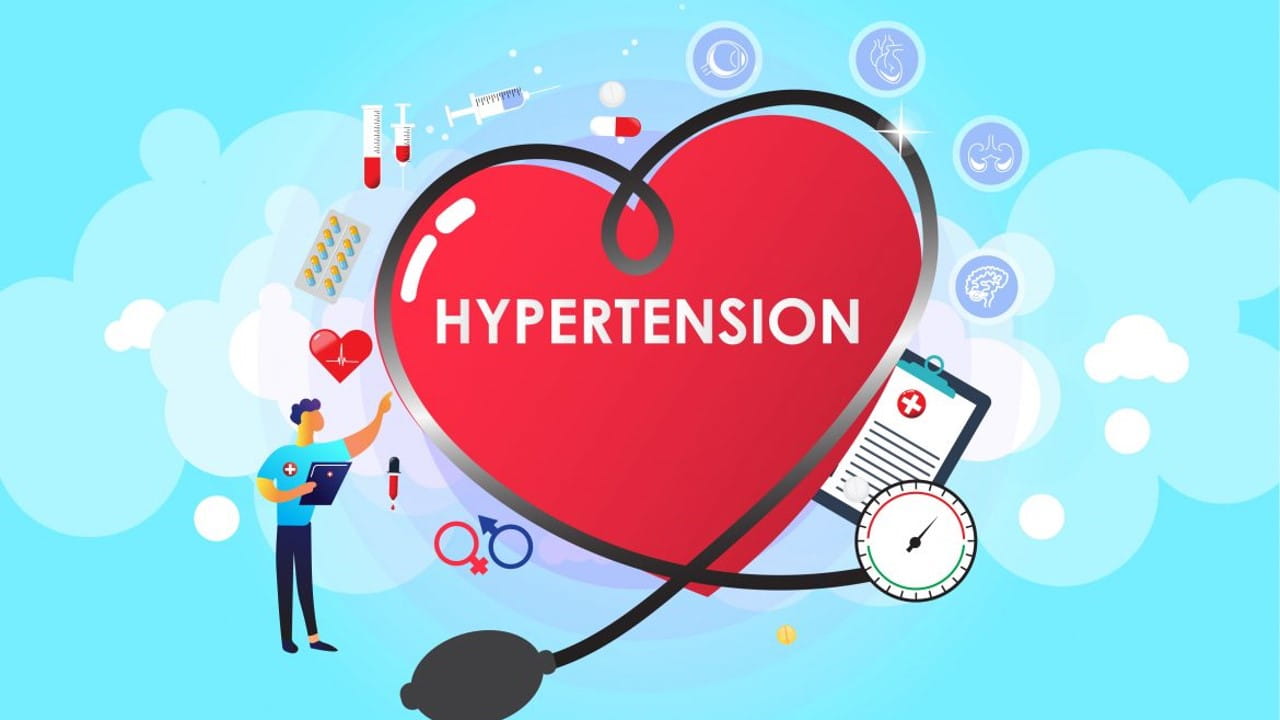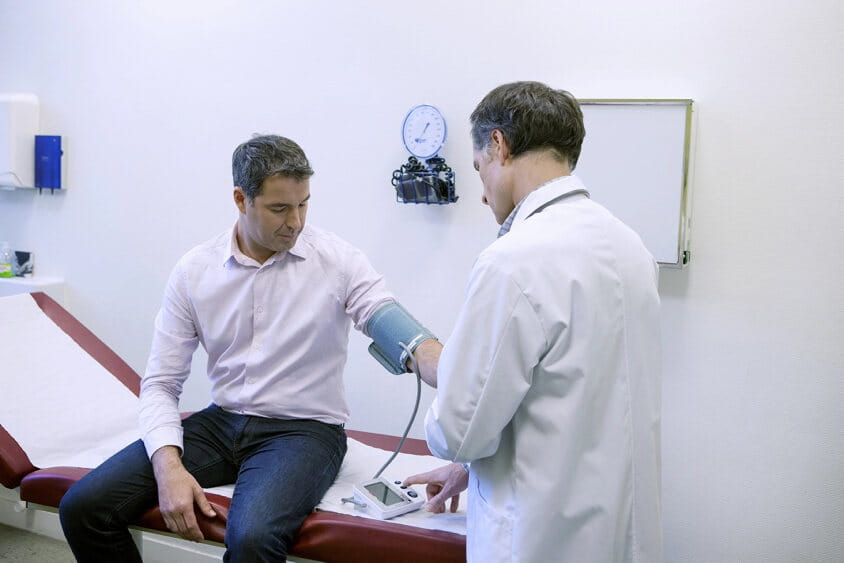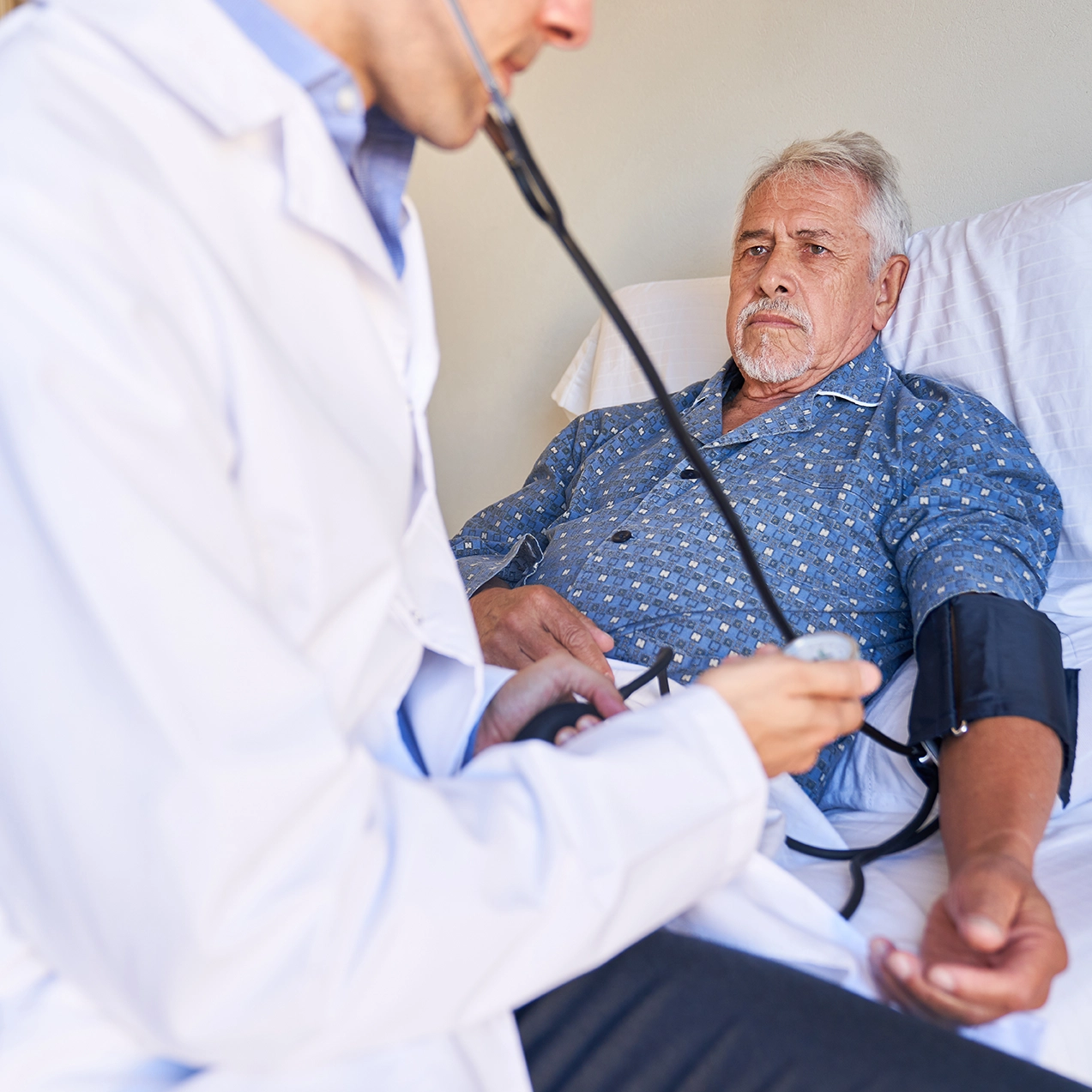ACC 2024: Device Therapy and Future Perspective by Prof. Ji Guang Wang
The speaker provides a brief overview of device therapy and future perspectives, focusing primarily on renal denervation in Asia. While other device therapies are under investigation, renal denervation remains the main topic of discussion. Initially, significant reductions in severe or resistant hypertension were observed with renal denervation. However, subsequent trials, such as the Symplicity Hypertension 3 trial, did not demonstrate significant blood pressure differences compared to sham treatment, leading to challenges in therapy approval in the United States, China, and Japan. Subsequently, new technology, such as the Spyral catheter, was developed and tested in trials, showing significant reductions in ambulatory and clinic blood pressure in patients with untreated hypertension. While the difference was not substantial, it was comparable to the effects of standard antihypertensive medication. Additionally, renal denervation led to decreased blood pressure over 24 hours, contrasting with no change in the sham control group.
The trial examined patients with treated hypertension and uncontrolled blood pressure, initially showing significant reductions in blood pressure. However, the pivotal trial later demonstrated no statistical significance in the primary outcome of 24-hour systolic blood pressure, with only a 1.9 mmHg difference. Differences were observed in clinic systolic and diastolic blood pressure, attributed partly to variations in antihypertensive medication use between groups. The GSR DEFINE study further supported renal denervation's efficacy and safety in hypertension treatment, showing significant and increasing blood pressure reductions over 6 months to 3 years. Evidence suggests renal denervation's effectiveness in managing hypertension, with studies like laparoscopic renal denervation in China also yielding significant long-term blood pressure reductions. When examining hypertension perspectives in Asia, it was evident that there was a diverse range of control rates across countries. Some, like Korea and Taiwan, had high control rates, while many others had lower rates. Improvement efforts were necessary, beginning with enhancing awareness. Innovative techniques, such as web-linked blood pressure measurement systems and wearable monitors, played a crucial role in monitoring and potentially altering lifestyle habits. Additionally, the development of new drugs was still needed.
Professor Wang from Taiwan proposed a new treatment for hypertension, which China approved using sacubitril valsartan, showing effectiveness. Aprocitentan, undergoing phase three trials, proved highly effective in treating resistant hypertension, notably reducing 24-hour blood pressure, especially during sleep. Additionally, Baxdrostat completed phase two trials and initiated phase three trials in diverse populations. Emerging technologies like monoclonal antibody activators of nitro peptides Receptor A and small RNA interference drug Zilebesiran show promise in hypertension treatment. Efforts aim to substantially improve hypertension awareness, treatment, and control rates, targeting a 50% control rate by 2030.
American College of Cardiology (ACC) Congress 2024, 6th April – 8th April 2024, Atlanta, Georgia, USA




